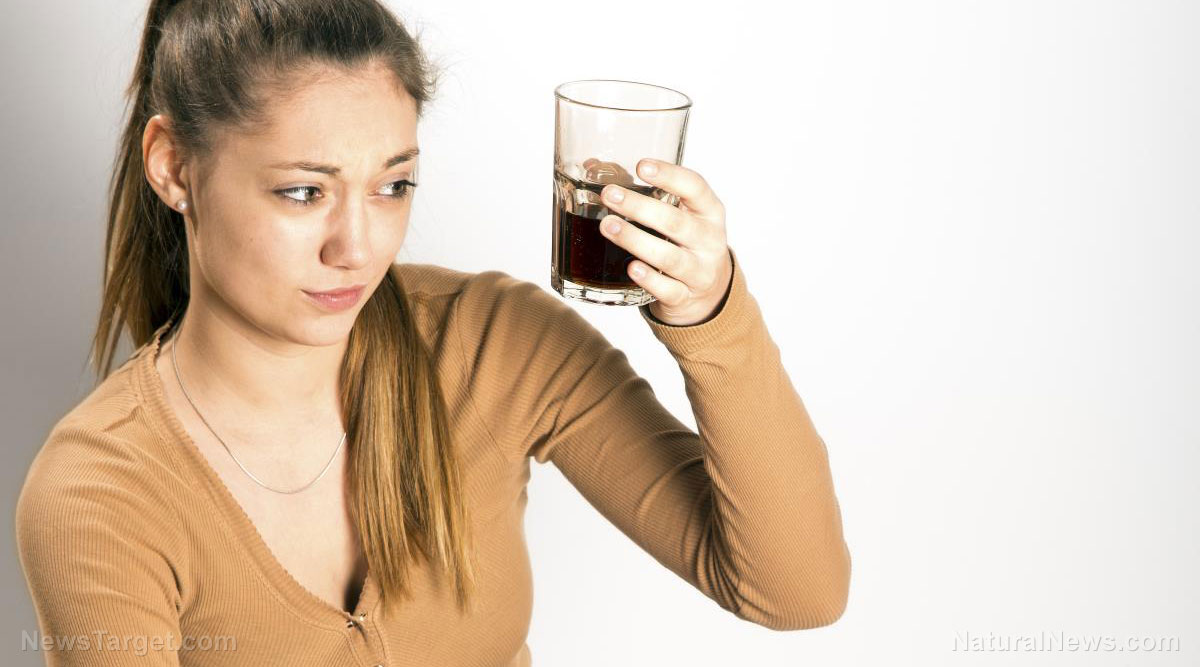
Advertisement
Sugar-free diet soda can make you feel like you’re consuming a “healthier” alternative to regular soft drinks. However, various studies have determined that the artificial sweeteners in diet soda are still bad for your health.
Despite the claims that sugar-free beverages are healthier alternatives, findings from different studies soon revealed the negative side effects of calorie-free drinks.
Why is diet soda bad for your health?
Here are the five science-backed reasons why diet soda is bad for you.
It affects your gut health.
In a 2014 study published in the science journal Nature, researchers found that artificial sweeteners can affect how your body processes sugar.
Study findings revealed that artificial sweeteners may change your intestine’s microbiome and that this can increase glucose intolerance. Researchers ran tests on animal subjects, and they posit that the gut response of the animals mimic how diet soda affects healthy human participants.
It can decrease bone health.
In general, soda consumption is believed to be linked to poor bone health in children. However, a 2014 study published in the American Journal of Clinical Nutrition showed that consuming both regular and diet soda can cause an “increase in postmenopausal women’s hip fractures risk.”
It can increase your appetite and sugar cravings.
Based on data from a study conducted by researchers from the University of Illinois, people who try to lower their caloric intake by drinking diet soda may compensate with higher calorie meals, which can still cause weight gain. The researchers acknowledged that there may be an opposite correlation: those who have poor eating habits may consume diet soda to compensate.
Researchers who conducted a separate study, which was published in the American Journal of Public Health, reached the same conclusion.
In a different study that was published in 2010 in the Yale Journal of Biology and Medicine, scientists determined that artificial sweeteners can increase your appetite and sugar cravings. They explained that artificial sweeteners may “encourage sugar craving and sugar dependence.” The researchers concluded that frequently drinking diet soda may train a person’s “flavor preference.”
It increases your risk of diabetes.
In a 2009 Diabetes Care study published in the American Diabetes Association journal, researchers discovered that sugar-free drinks could influence the body’s response to sugar.
The findings identified a link between people who drank diet soda daily and a 67 percent greater risk of developing Type 2 diabetes. However, the researchers noted that it may be difficult “to establish causality between diet soda consumption and Type 2 diabetes.”
It promotes weight gain and increases belly fat.
Some people who want to lose weight will drink diet soda, but studies suggest that this could have the opposite effect.
According to a 2015 study published in the American Journal of Geriatrics Society, there is a link between older Americans who drank diet soda daily over a nine-year period and an increase in their waist circumference.
The researchers noted that on average, those who consumed diet soda had a waist circumference at least three inches larger than their counterparts who didn’t drink sugar-free soda. (Related: Diet soda definitively linked to increased stroke, heart attack risk.)
Healthy alternatives to diet soda
If you think plain water is boring, don’t worry – here are some delicious and nutritious alternatives to diet soda.
- Fruit-infused water – Store-bought flavored waters are full of sugar or artificial sweeteners. To make a healthier drink, use natural flavoring like slices of fruits and vegetables such as cucumber, lemons, mint, oranges, or watermelon. Add the fruits and vegetables to a pitcher of ice-cold water.
- Hot or iced green tea – Studies show that green tea can help lower your risk of various types of cancer, heart disease, obesity, kidney stones, and even cavities. The beverage is also calorie-free, as long as you drink it without milk or sugar. Full of beneficial antioxidants, green tea can be consumed hot or iced. Add a bit of honey if you want a sweeter beverage.
- Vegetable juice – Vegetable juice is low-calorie and it has less natural sugar than fruit juices. Take note that vegetable juice may be high in sodium, so make a low-sodium version if possible. Make fresh vegetable juice by adding your favorite vegetables and some fruit slices to the juicer.
Don’t think twice about throwing out your soda cans. Learn more about the health risks of diet soda at Sweeteners.news.
Sources include:
Advertisements







